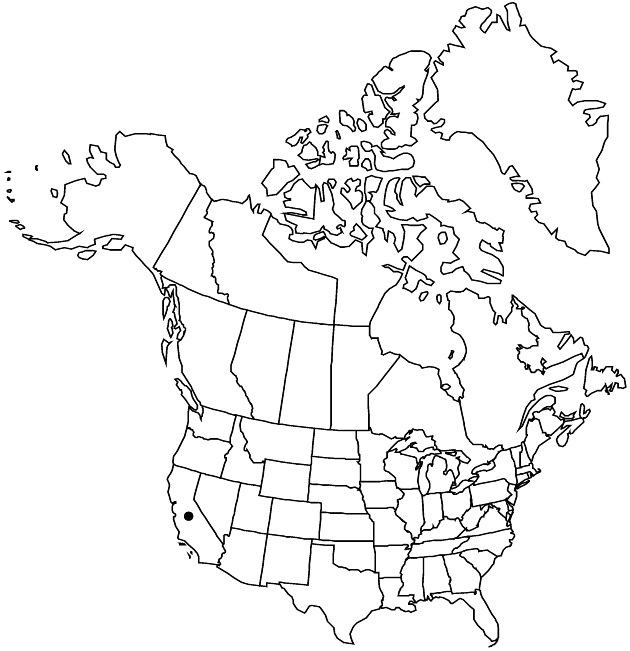Helianthus californicus
in A. P. de Candolle and A. L. P. P. de Candolle, Prodr. 5: 589. 1836.
Perennials, 150–350 cm (rhizomatous). Stems erect, glabrous (glaucous). Leaves mostly cauline; mostly alternate; petioles 0–3 cm; blades (light to dark green, 3-nerved distal to bases), lanceolate, 10–20 × 2.5–6 cm, bases ± cuneate, margins entire or subentire, abaxial faces hispid to hirsute, gland-dotted. Heads 3–10. Peduncles (1–)3–15 cm (gland-dotted). Involucres broadly hemispheric, 10–25 mm diam. Phyllaries 25–35 (loose), lanceolate, 8–15 × 3–5 mm (notably surpassing discs), (margins sometimes ciliate) apices acute to attenuate, abaxial faces hispidulous to glabrate, gland-dotted. Paleae 10–11 mm, 3-toothed (apices acute, hispidulous). Ray florets 12–21; laminae 15–30 mm. Disc florets 50+; corollas 6–8 mm, lobes yellow; anthers reddish to dark, appendages reddish brown. Cypselae 4.5–5 mm, glabrate; pappi of 2 aristate scales 3–4 mm. 2n = 102.
Phenology: Flowering summer–fall.
Habitat: Stream banks, wet meadows, freshwater marshes
Elevation: to 1600 m
Distribution

Calif., Mexico (Baja California).
Discussion
Selected References
None.